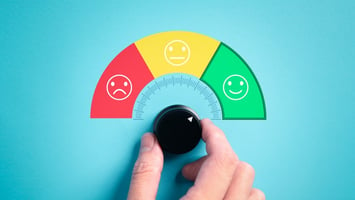Energy Drink Consumption Among Youth Associated With Tobacco, Alcohol Use
 |
“Aggressive marketing tailored toward youth through carefully crafted campaigns, including sponsorship of events that appeal to this age group (for example, snowboarding), and product placement in video games and social media has resulted in exponential growth of their sales among minors in recent years,” wrote Artur Galimov, M.D., of Keck School of Medicine of the University of Southern California and colleagues.
The researchers collected data from a longitudinal study of 3,071 youth aged 9 to 17 in 44 German schools. Galimov and colleagues analyzed survey data on energy drink, tobacco, and alcohol use obtained from these youth at two time points about 12 months apart. As part of the study, youth were asked to rate their interest in sensation seeking (“How often do you do dangerous things to have fun?”) and substance use (“Have you ever been curious about trying cigarettes/e-cigarettes or e-hookah/hookah/alcohol?”). They were also asked to rate their amount of school stress (determined by how much they reported agreeing with such statements as “I have too much to do for school” and “I find school assignments very difficult.”)
Baseline energy drink consumption was associated with significantly higher odds of initiating any tobacco, cigarette, e-cigarette, hookah, and alcohol use. After one year, 29.2% of the 1,061 students who had ever consumed an energy drink had begun to use tobacco, and 30.1% had begun to use alcohol. Among the 2,010 students who had never consumed energy drinks, 5.6% had initiated any type of tobacco use at the one-year follow up, and 10.4% had used alcohol.
Students who drank energy drinks were also more likely to report school stress.
“Hence, the effects of [energy drinks] may become a means of coping with increasing and stressful demands in adolescents’ lives,” the authors wrote.
“Further research is needed to understand whether these associations may be causal,” the authors concluded.
For related information, see the American Journal of Psychiatry article “ Neural Predictors of Initiating Alcohol Use During Adolescence .”
(Image: iStock/FikMik)
Follow Psychiatric News on Twitter!
And check out the new Psychiatric News Brief on Alexa-enabled devices.
And check out the new Psychiatric News Brief on Alexa-enabled devices.





